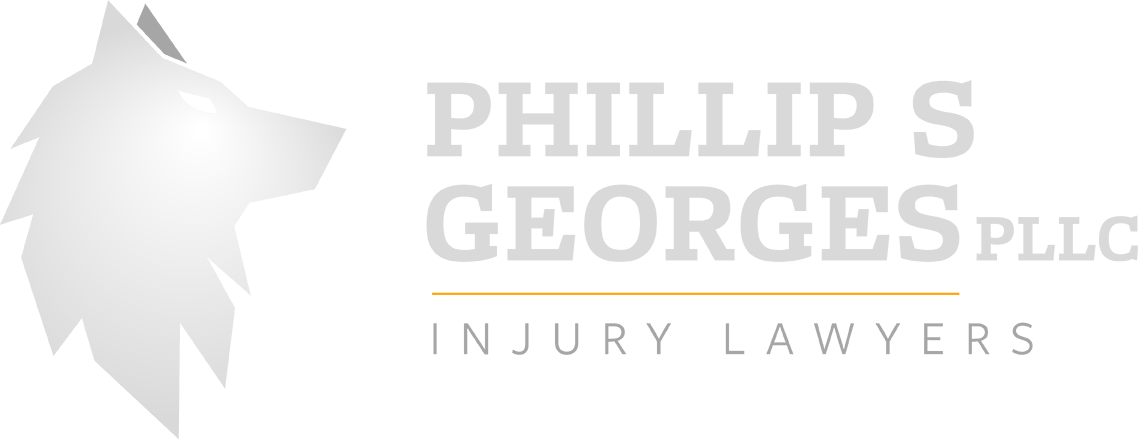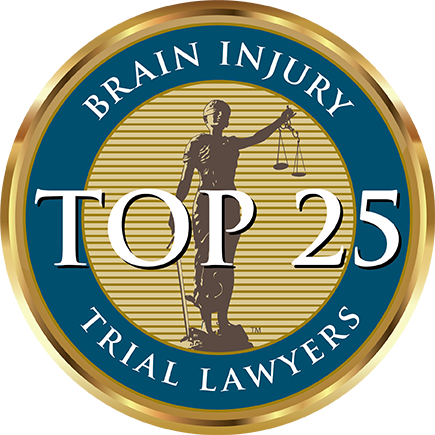Premises liability cases encompass a wide range of incidents where individuals are injured due to unsafe property conditions. Whether it’s a violation of state or local building codes, unmaintained walkways, or improperly cleared parking lots, such hazards can lead to serious injuries. At Philip S. Georges PLLC, our Milwaukee premises liability lawyers are dedicated to holding property owners accountable for their negligence and securing the compensation you deserve.
If you or a loved one has been injured on someone else’s property, contact Philip S. Georges PLLC to determine your eligibility for a premises liability claim. Our experienced Milwaukee premises liability attorneys have a proven track record of success. Don’t navigate this challenging time alone—reach out to our award-winning team today. We offer free initial case reviews and work on a contingency fee basis, meaning you pay nothing unless we win for you.







